|
Back in 2007, I made the acquaintance of a historical writer and genealogist named Alice L. Luckhardt of Stuart, Florida. I met Alice via the internet as I was conducting research for a presentation that I was invited to give for the Frederick Master Docent Series (sponsored by the Frederick County Historic Sites Consortium). My topic was “Myth-busting and Frederick History,” and I had a variety of Frederick stories in mind such as John Hanson as first POTUS, George Washington’s alleged headquarters on W. All Saints’ Street and the legendary Snallygaster of the Middletown Valley. Above all these, however, my headliner would be exploration into the famed Barbara Fritchie-Stonewall Jackson incident on W. Patrick Street during the American Civil War. 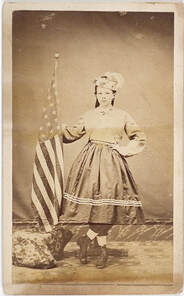 The Ballad of Barbara Frietchie, a poem, written by a Quaker poet from Massachusetts (and published a year later in October of 1863) would give posthumous fame to the former Frederick resident. However, with all the success this work would garner, including a great shot in the arm for Frederick tourism, more questions than answers would come due to the fact that this monumental event had no legitimate eye-witnesses. That’s right, no one could vouch for “Ms. F.” actually waving a flag out of her second-story dormer window at the Confederate Army on September 10th, 1862. Many saw her wave a flag at the Union soldiers marching by her house the following day, but that was not nearly as daring a deed as the one John Greenleaf Whittier recorded for posterity with his poem. Through my intensive research of the event between 2007-2012, I carefully explored other “Barbara Fritchies” in our midst—patriotic women here in Frederick (city and county) during that turbulent test to our union of states. I found other former female residents who should hold like-fame to that of Barbara’s through their displays of bravery in exhibiting Yankee pride. These included Mary Quantrill, a woman who lived less than two blocks west of Barbara Fritchie and Carroll Creek on W. Patrick Street; Nannie (Nancy Crouse) Bennett, the famed “Valley Maid” of Middletown and star of a poem written by Thomas Chalmers Harbaugh; and another whose moniker has never graced local history books as a legitimate heroine for the Northern cause—Susan (Smith) Groff. Perhaps the reason why I had never heard of this Woodsboro native is that she was clearly overshadowed by her husband, Captain Joseph Groff, who was larger than life, and a true character in the sense of the word. Mr. Groff was a local businessman and Union officer assigned to the 1st Maryland Infantry Regiment, Potomac Home Brigade. During the Civil War, Mrs. Groff ran the couple’s hotel located in the 400 block of N. Market Street in Frederick City. Known as the Groff Hotel, it would take the name of the Arlington House in the early 1900s, and later the Hotel Frederick. I was first introduced to the Groffs by pure accident in 2007 through an eBay auction of all things. While searching for collectibles pertaining to Frederick history, I saw an item advertised as a Civil War era newspaper featuring an account of a patriotic lady from Frederick, Maryland. It was dated October 22nd, 1862 and reported a noteworthy event during the recent Maryland campaign. I immediately clicked to view this vintage paper item, thinking that it had a connection to Barbara Fritchie, or perhaps Mary Quantrill, the 38-year-old schoolteacher and fellow flag-waver, who lived up the street from the feisty nonagenarian. This edition of the Philadelphia Inquirer would not have the mention of either woman’s name, and one more, Nancy Crouse for that matter. To my surprise, I quickly learned that the lady being heralded by this Philadelphia newspaper account was Susan (Smith) Groff (not Groffy as the paper inadvertently reads). She acted in a patriotic fashion by hiding rifles in a well on her property, as not to allow them to fall into the hands of the invading Rebel army under Gen. Robert E. Lee. This contingent of the Army of Northern Virginia would spend nearly a week in town in early September before moving westward and engaging Union troops in heated battle at South Mountain (September 14th, 1862) and Antietam (September 17th, 1862). This was the only newspaper article that appeared during the fall of 1862 pertaining to any of the four patriotic women of note (including Dame Fritchie). The Groffs are best remembered for the large Victorian guest house/hotel built on the northwest corner of N. Market and Seventh Street in 1884. This building would become the first home of WFMD in the next century and was later razed in March, 1973 to make way for a parking lot. Susan Groff was born Susan Christina Smith on March 11th, 1828 in nearby Woodsboro. She was the daughter of John Smith and Susan Ebert and married Joseph Groff on January 1st, 1852. The couple took up residence in Walkersville for a short time afterwards. This is where the fore-mentioned Alice Luckhardt comes into the story as she aided me greatly with the backstory on Susan’s husband, Captain Joseph Groff. I learned that Mr. Groff was born in New London near Lancaster (PA) in 1822, and came to Frederick as a young man, perhaps attracted by shipping opportunities with the Chesapeake & Ohio Canal. He had married Rebecca Beichtel on October 28th, 1842 in Hollidaysburg, Blair County, Pennsylvania. They moved to Harper's Ferry, (VA) in 1844 and had two children, William Shelton and Rebecca. Joseph’s wife died August 1850, precipitating him to relocate to Frederick County's Woodsboro where he would meet his second wife. Joseph and Susan were the parents of several children including David, Jennie, John, Fannie, Ida, Minnie, Nannie, Josie and Charles. David and John are buried here in Mount Olivet and were the focus of two of my earlier “Stories in Stone” articles. By 1858, the Groffs were living in Philadelphia where they ran a hotel and kept a stockyard, and another stock room of Groffs was apparently located in western Virginia at Parkersburg. The spring of 1861 saw the Groff family back in Frederick, primarily because Virginia had seceded from the Union. The Groffs opened a store here which sold various goods at public auction. They later turned this venture into a hotel located on the west side of Market Street between 3rd and 4th streets known later as the Arlington Hotel and Hotel Frederick (today the site of another parking lot and formerly that of Carmack-Jays grocery store). The Groffs are said to have been ardent Unionists and Mr. Groff and his sons participated in the famed “war between the states.“ The previously mentioned Alice L. Luckhardt wrote a story about her great, great grandfather (Joseph) for the June/July 2007 edition of History Magazine. The article was entitled “The Defiant Flag Waver,” and depicts Captain Groff involved in Frederick City’s first recorded flag-related incident of the four-year conflict. In the Spring of 1861, Joseph Groff reportedly placed his 20-ft long Union flag over N. Market Street for all to see, attaching one end to his business establishment on one side of the street and the other to an adjacent building across the street. Joseph Groff explains the situation in a memoir written later for the Grand Army of the Republic: “When I came to Frederick from Philadelphia in 1861, I brought with me a large U.S. flag which I strung across the street from my storeroom, which was at what is now the Groff House. It caused much excitement and the secessionists secured a Mr. Poffinberger to come to town to take it down, and to thrash me also. When I heard of it, I stopped upon the pavement and said that if any man took that flag he would have me to whip first, and if that man came in to do it, I would meet him –he never came.” Joseph Groff must have made a good impression on his fellow residents, as he would soon be showcasing his love of flag and country through military service. Home Guard units had been in place in Washington, Frederick and Carroll counties throughout the summer of 1861. Union Maryland regimental units were authorized and men began volunteering. The best-known local unit was the 1st Regiment Infantry, Potomac Home Brigade, Maryland Volunteers. This group would serve with distinction under the command of Col. William P. Maulsby, a Frederick attorney. Joseph Groff would enlist at Frederick’s old Market House, and took his 17-year-old son, William Shelton, with him. Since the previous spring, both father and son had served in a state militia company known as Sander’s Independent Rifle Company. Their assignments had included guard duty of the Monocacy Junction railroad bridge for the Baltimore & Ohio Railroad and keeping watch over Kemp Hall during the Special Session of the Legislature. During the latter duty, the elder Groff was stationed in the Senate room, and both men were given orders to arrest the secession element of the Legislature. Joseph Groff helped raise the Potomac Home Brigade’s Company B, and was immediately made First Lieutenant. He raised 62 men for his company. They were mustered into service on August 20th, 1861 and would soon be quartered at the Old Hessian Barracks. For good luck, Groff supposedly took his supersized flag with him into military service. By the end of the Civil War, Groff would rise to the rank of captain. During the winter of December 1861-April 1862, the regiment was led by General Nathaniel P. Banks. They trained and were quartered on Barracks Hill near Frederick (Maryland School for the Deaf). In the winter of 1861, they left the barracks and wintered at Camp Worman, north of Frederick (today’s site of the Wormans Mill neighborhood). All of the 1st Potomac Home Brigade were quartered there for the winter. By the springtime of 1862, the forces marched up (which actually in a southerly fashion in this case) the Shenandoah Valley as far as Winchester. From here, the 1st PHB (Potomac Home Brigade) was assigned to guarding the Baltimore & Ohio Railroad line. Gen. Banks and his troops were eventually driven out of the Shenandoah Valley and stayed in the Harper's Ferry area. Joseph Groff knew the area quite well since he had lived here earlier for a decade from 1840-1850. After the second battle of Bull Run, Gen. Lee would bring his Army of Northern Virginia across the Potomac River to northern soil. The first major Union city he would come was Frederick. While her husband and son were "off at war," Susan ran the affairs of the family's Frederick hotel. This first week of September (1862) was the time of General Lee’s invasion of Maryland, and more importantly for us with this biographical exploration of the Groffs, the time Susan found herself busily hiding those guns in a nearby water well. After five days, the main column of the Rebel army would head westward past Barbara Fritchie’s house on the National Pike to points west and the battles of South Mountain (September 14th, 1862) and Antietam (September 17th, 1862). As for the Groffs, their regiment guarded the passages along the Potomac River near the mouth of the Monocacy, and later concentrated its efforts at Harper's Ferry. The Potomac Home Brigade’s Company B would participate at the siege of Harper's Ferry and Battle of Maryland Heights (across the Potomac River) from September, 12-15th. “On Thursday, September 10th, we were ordered to Solomon Heights where we found the enemy in ambush. My First Corporal, Charles Oursler, was killed there by the enemy. We fell back to Maryland Heights. On Friday the fight on Loudoun took place. On Saturday after spiking the siege guns on Maryland Heights we were ordered to the Ferry, Colonel Ford was in command at the Heights. On Sunday the Garibaldi Rifles returned to the Heights, securing the brass guns and brought them to the Ferry. We were fired upon all day Sunday.” -Lt. Joseph Groff It was here that the regiment was surrendered on September 15th, 1862 after being surrounded by the Confederate forces. Both father and son would be captured and eventually “paroled” in, of all places, Parole, Maryland (Anne Arundel County). While I’m at it, I should note that this cleverly named suburb of Annapolis continues to be a location where several major roads intersect at the western edge of the state capital. The neighborhood is so named because it was a parole camp, where Union and Confederate prisoners of war were brought for mutual exchange and eventual return to their respective homes. Today this area boasts the Annapolis Mall, and a number of other large shopping centers, and the Anne Arundel Medical Center. After Groff was paroled, he saw duty at Point Lookout in St. Mary’s County, and later saw action at Gettysburg in July, 1863. Alice shared a family story that Capt. Groff stopped in Woodsboro on his way to Gettysburg to kiss his daughter (Rebecca) good-bye. At the Battle of Gettysburg (July 1-3, 1863), the regiment was part of Gen. Lockwood's brigade. On July 2nd the regiment fought on Culp's Hill and worked with Sickles Corps to repulse the Confederates under Gen. Longstreet. Capt. Joseph Groff fought at Spangler's Spring in command of his company against Maryland-born Confederates. In the early hours of July 3rd, 1863, he was wounded by a bullet lodged just above his foot. Not trusting the battlefield surgeons at hand, the captain received special permission to go to his home in Frederick to have his personal doctor care for his wound. After being given time by the Army to mend his wound, he returned to his company and active duty in early September 1863. Capt. Groff’s military career would soon be coming to an end because over the next several months, the effect of explosives had caused deafness in Joseph's ears. He was also unable to do physical labor after a year. This is the reason that the captain would not participate in the Battle of Monocacy in early June, 1864. However, Joseph's son, William Shelton, who had been promoted to corporal, did take part in “the Battle that Saved Washington” on July 9th, and came out of it unscathed in the defeat of Lew Wallace’s grossly outnumbered soldiers. By September 6th, 1864 (even while the war still raged on), Joseph was released from his three-year military service and then honorably discharged in Washington, DC in December, 1864. His son, William, was mustered out of his company at Harper's Ferry on the same September day as his father. Immediately after the war, Joseph Groff continued supervision of the hotel with Susan for a few years before hiring managers to run the operation at different times. Additional time and assistance was required for launching a newly opened brickyard business (Eighth and Market streets) and a social club named Groff Hall (W. Fourth Street) which also catered to the town's Black population. Joseph and Susan's family situation was just as busy as they were in the midst of raising eight children into adulthood. The entire Groff clan resided in the hotel and can be found here the 1870 and 1880 censuses. Through her research, family historian Alice Luckhardt compiled a list of activities involving the Groffs and taken from the pages of local newspapers, court documents and Jacob Engelbrecht’s diary: *Thursday - Feb. 21, 1867 --- At a public sale Capt. Groff offered his tavern stand for rent at a public sale. It went for $1,285 rent a year. *Friday - Jan. 27, 1871 and Sat. - Feb. 4, 1871 - the Union or Republican Party made nomination for councilmen, Mayor and Alderman at "Groff Hall" located on West 4th Street. *1878 - Frederick had a population of about 10,000. Joseph Groff ran one of the city's hotel and William (his son) made mattresses and upholstered furniture. *In December 1883, the Groff Hotel was enlarged by 20 feet in front. On the property was also a livery stable, which Joseph Groff rented out to individuals over the years. By 1886, a small barbershop was set up by John F. Yingling on the first floor with an entrance onto North Market Street. *By the mid-1880s, Joseph had built a grand new home for his family at 7th and North Market streets, a few blocks north of the hotel. *Between 1889 and 1895, Groff had a couple of his daughters along with a son-in-law, Richard C. Dudrear manage the hotel. Room rates were generally $1.50 a day. *During the 1880s, the hotel was always decorated for various holidays. Celebrations during the 4th of July were always special with U. S. flags on display everywhere. Also during the latter part of the 19th century, the Groff Hotel was the scene for many weddings. Included was the April 1885 wedding of Capt Groff's daughter, Jennie Groff and William E. Ranels and in June 1890, the wedding of Capt. Groff’s youngest daughter, Josie Groff to Charles Everhart. *Over the years and into the 20th century the hotel was the gathering place for many civic and community organizations to meet. Before the Civil War, Joseph Groff was a prominent member of the Deutsches Schuetzen Gesellschaft Park, a social and stock endeavor formulated by leading German descended residents. Present day Brodbeck Hall (on the campus of Hood College) served as the clubhouse for the group, which came complete with an old-fashioned beer garden to accommodate stockholders. The war and lean times caused financial woes that the club could not rebound from, and apparently Capt. Groff purchased the locale. The property was renamed Groff Park. The Groff family would split time living here and used the vicinity to grow gardens of produce that would be used to feed guests staying in their hotel. The couple's oldest son, David, would grow flowers here for his successful career as a local florist. Eventually, Groff Park would be sold to Margaret Scholl Hood in the 1890s. Mrs. Hood would later deed the former Groff Park to Dr. Joseph Henry Apple and the Frederick Women's College and in 1915, this would comprise the newly named seat of higher education for women named Hood College 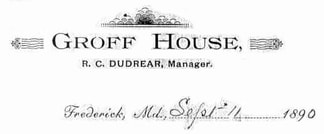 *1879 - Joseph Groff applied in Nov. 24, 1879 and received a veteran’s pension (#180772 - 281584) of $15 a month. *1880 census - had Nicholas H. Groff living with his family. Nicholas - age 13, born about 1867 in MD as were his parents. Listed on the census was that he could not read or write but had attended school in the last year. *Feb. 2, 1881 -- Capt Groff purchased two large Poland China hogs from Mr. Joseph Harp. The hogs weighed 2,350 pounds. *Early 1885 - partners in a "Frederick Colored Rink" - skating rink on 4th St. Groff Hall for the 'colored' population (blacks). Had his future son-in-law, Charles Everhart as ticket taker. *April 1885 - very successful rink - Capt. Groff very strict in running it. Sept. 12, 1885 - Sole ownership of the skating rink with a big grand opening. *1886 - owned a bull dog. *Nov. 1886 - David Cronin worked for Capt. Groff at the Hotel. On Oct. 1886 - Cronin shot his wife after a disagreement. They had married about 1863 in Frederick. Cronin then joined the Union Army and to war. He remained away from Frederick until about 1885 and then came back to his wife (lived on West 4th St.) *May 1887 - Mr. P. E. Long Baltimore, MD - rented the Groff Hotel from Capt. Groff, the captain and family moved to Groff Park at the north end of the city. *Oct. 10, 1887 - in newspaper - Levi L. Groff (brother of Capt. Joseph Groff) - his ex-wife (Nancy S. Waltz - 'Nannie') remarried to Capt. Alfred Schley. Levi may have tried to stop the wedding. *Aug. 1889 - Capt Groff was in West Virginia, (Jefferson County) to supervise the construction of the Shepherd Turnpike. *June 5, 1890 - 8:30 pm - the wedding of Josie Groff and Charles Everhart in the Groff Hotel. *March 1890 - David Groff took over ownership of the Groff brickyard. *April 1890 -- An advertisement appeared in the Frederick newspaper - about Groff Hotel, owned by Misses Groff (Joseph's daughters) and managed by Dudrear. Cost $1.50 per day for a room (1st class). *May 1890 - John Groff has ownership of North End Livery and Sales Stables. *Sept. 28, 1890 - a floor put in the bar room of the Groff Hotel. *1891 - Morse Fountain built by M. P. Morse at North Market St. across from Groff home--a large iron four-tier fountain *April 30, 1891 - quote in News by Capt. Groff - "I have lived in Frederick a long time and have seen many changes wrought, but the bustle and activity here this spring are greater than I ever saw before. The old town is certainly waking up at last." *June 1891 - selling large lots of property at Groff Park - 30 acres (west of Frederick). Possibly big sale to a gentleman from Washington, DC. No sale then. Groff Park also known as Scheutzen Park. Placed many newspaper ads for sale of Park, Hotel and Hall in late 1891. *Nov. 1892 - Capt Groff owned North End Livery Stables, his son, John Groff previously. *June 1896 - home robbery at night while family slept. Only money taken. His sister, Elizabeth was visiting at the time. *Sept. 19, 1899 - Capt. Joseph Groff's first son, William Shelton Groff - died of TB at his home in PA. *Oct. 2, 1899 - Frederick, MD - Capt. Groff was selected President of the Rossbourg Club - for Maryland Agricultural College. Captain Joseph Groff died on February 12th, 1903 at the age of 81. His death notice would appear here, Baltimore and his hometown of Lancaster, PA. Captain Joseph Groff would be laid to rest in a lot located in Area L/Lot 247. Susan Groff died on March 11th, 1911 and is interred with her husband. Her obituary included an impressive list of pallbearers from the Potomac Home Brigade’s top leadership including Major Edward Y. Goldsborough, Col. William P. Maulsby and Capt. Eli Frost among others. Her patriotism was remembered until the very end. What became of the Groff properties? By 1910, the Groff family has leased the operation of the Groff Hotel to Joseph F. Beacht, who was a former grocer in town. In 1906, Beacht was manager of the City Opera House and in 1907, manager of the Frederick Baseball Club before taking over the Groff Hotel. Things changed for Beacht in July 1913 when the Groff family, (with a deal completed by David and Charles Groff), sold the hotel for $20,000. Beacht’s lease on the hotel expired April 1st, 1914. He had about ten months before the new owner would take over operation. The Groff Hotel was next purchased by William H. Ramsburg, a wholesale grocer here in town. He would rename it the Arlington Hotel. By March 1st, 1914, Ramsburg was able to take full charge of Groff Hotel. He wanted to increase the number of rooms from 30 to about 50 rooms. Also added were the sale of special amenities such as cigars and railroad tickets. In 1920, Michael Joseph Croghan became the new owner of the hotel, leasing it first and then to purchasing it from William Ramsburg. Croghan was born in April 21st, 1889 in Ireland, coming to the U.S. in 1908. He worked at the Stewart Hotel in Frederick on East Patrick St. and the New City Hotel in Frederick.  Mike Croghan, Jr. (1921-2006) Mike Croghan, Jr. (1921-2006) Croghan had many plans for changes and improvement to the old hotel, including making it more modern, enlarging the dining room and adding 25 additional rooms. The Café on the left side (facing the Hotel) would become a cafeteria. The building was to be painted inside and out with new lighting installed. He also added a new restaurant to the Hotel. The biggest change would be the name changed from ‘Arlington Hotel’ to ‘Hotel Frederick’. The hotel was closed during its remodeling. To help clear out some of the older items, he held an auction in May 1920 of many of the furnishings; including doors, bedding, wash basins, electric fixtures, glassware and china. Most of the changes were completed by the Spring of 1920. The new restaurant at the hotel charged 40 to 60 cents for lunches and 75 cents to $1.00 for dinners. During the 1920s, Mr. Croghan also managed (held leases) on the Hotel Braddock, in the summer months. By July 5th, 1923, Croghan made the final purchase of Arlington Hotel / Hotel Frederick. Into the 1930s and 1940s, Michael Croghan continued running the Hotel Frederick and managing the Hilltop Hotel in Harper’s Ferry in West Virginia. By the 1950s, his son, Michael J. Croghan Jr. was assisting the Hotel Frederick operation. Croghan Sr. died October 1960. Mike, Jr., who I had the pleasure of knowing myself, continued ownership and operation of the Hotel Frederick and its catering services until 1972. In early 1972, the Croghan family decided to sell the old hotel (building and property) to the City of Frederick. In June of that same year, an auction was held to sell off items from the hotel. One year later, June 1973, the City had the fine, old hotel torn down and sold the land to Carmack Jays Supermarket to construct a parking lot. Since the deaths of Captain Joseph and Susan Groff, some of the couple's children are buried here with them in Area L/ Lot 247: John (d. 1921), David (d. 1937), and Fannie G. (d. 1953). Here are links to stories involving John (an early secret service agent), and David (a local florist). 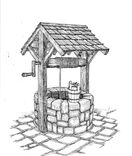 As a final aside, I looked intently for the site of Mrs. Groff’s daring deed. Unfortunately, there is no specific location given for the Frederick "well" in which Mrs. Groff hid the Union firearms for safekeeping. Perhaps the original site could have been on the hotel property or maybe somewhere in Groff Park. Or, just maybe, the said well morphed into the famous fountain at the head of N. Market Street, situated in front of the later built Groff House? That would have been a good three block hike for Mrs. Groff, but could serve as a romantic ending and commemoration spot for an untold act of bravery connected to the Rebel invasion/occupation of Frederick in September 1862. INTERESTED IN LEARNING MORE LOCAL HISTORY FROM THIS AUTHOR? Join History Shark Productions and Chris Haugh for a new local history class coming this September: “Frederick in the Civil War” This 4-part course will explore the war and its effect on the landscape and residents of Frederick, MD including the nearby battles of South Mountain and Monocacy, Barbara Fritchie, the 1861 Maryland General Assembly session, Lincoln’s visit in 1862, the Ransom of Frederick and Meade’s Change of Command. Lecture classes will meet 6-8pm on Tuesdays (Sept. 10, 17, 24 and Oct. 1) at Mount Olivet’s Key Memorial Chapel. The last class will include a two-hour walking tour of interesting gravesites and monuments associated with Civil War soldiers and citizens. $79 for the entire 4-part course. Begins on Tuesday, September 10th @6-8pm! For more info and registration details, click the button below:
2 Comments
5/3/2021 02:27:16 pm
This outstanding post is remarkable. Your research is so extensive, and I appreciate your efforts. I was employed at WFMD for several years (late 50s to earlt 60s). THe information of Kemp Hall adds to the history that I have grown with as a resident of Frederick 1939 to 1965.
Reply
Alice L. Luckhardt
10/31/2021 04:56:31 pm
I loved this recent story you did on the Groff family and especially Susan and Joseph Groff. Great job!!
Reply
Leave a Reply. |
STORIES
|
Archives
July 2024
June 2024
May 2024
April 2024
March 2024
February 2024
January 2024
December 2023
November 2023
September 2023
August 2023
July 2023
June 2023
May 2023
April 2023
March 2023
February 2023
January 2023
December 2022
November 2022
October 2022
September 2022
August 2022
July 2022
June 2022
May 2022
April 2022
March 2022
February 2022
January 2022
December 2021
November 2021
October 2021
September 2021
August 2021
July 2021
June 2021
May 2021
April 2021
March 2021
February 2021
January 2021
December 2020
November 2020
October 2020
September 2020
August 2020
July 2020
June 2020
May 2020
April 2020
March 2020
February 2020
January 2020
December 2019
November 2019
October 2019
September 2019
August 2019
July 2019
June 2019
May 2019
April 2019
March 2019
February 2019
January 2019
December 2018
November 2018
October 2018
September 2018
August 2018
July 2018
June 2018
May 2018
April 2018
March 2018
February 2018
January 2018
December 2017
November 2017
October 2017
September 2017
August 2017
July 2017
June 2017
May 2017
April 2017
March 2017
February 2017
January 2017
December 2016
November 2016

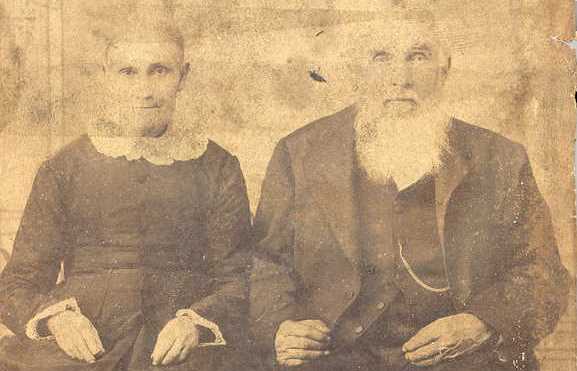
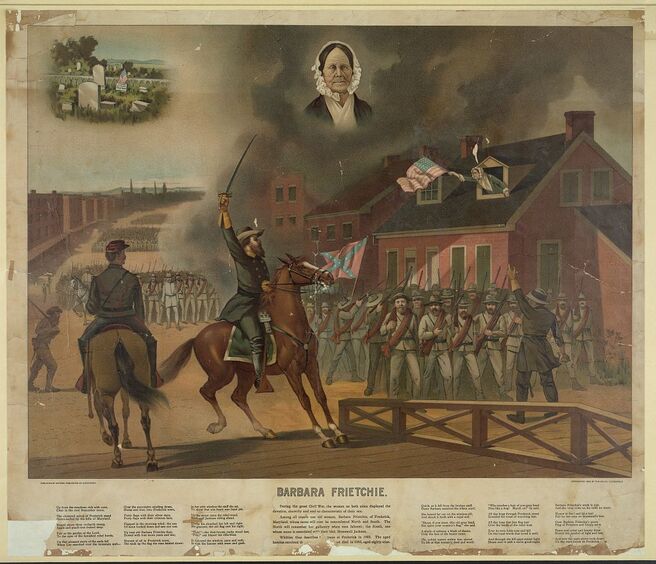
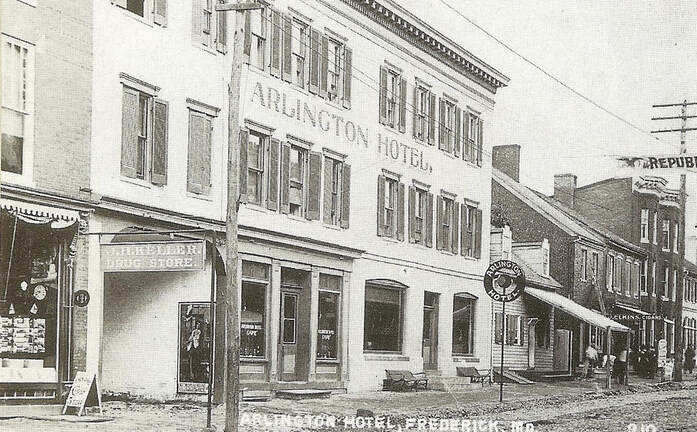
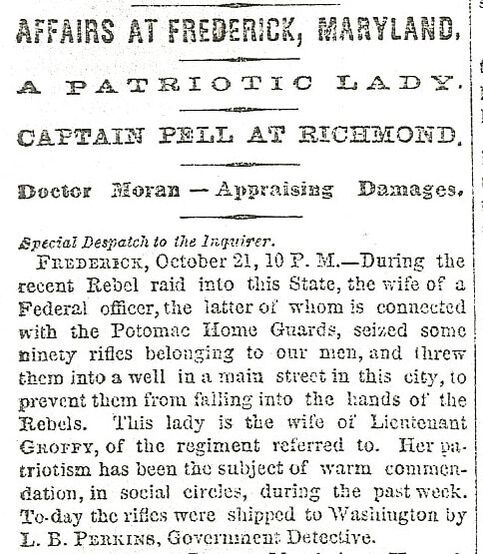
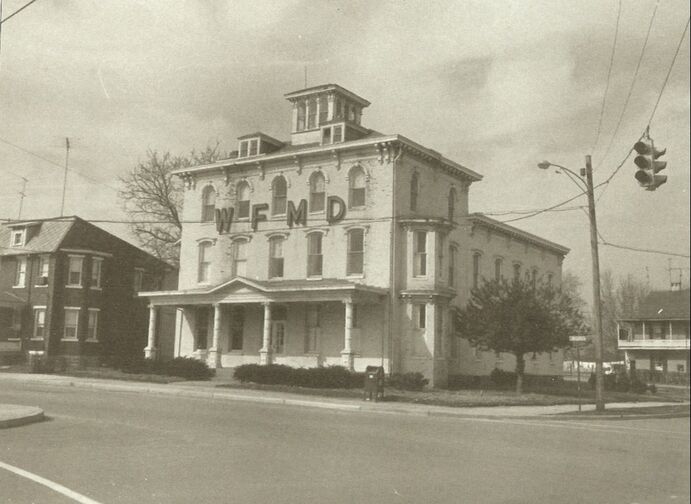


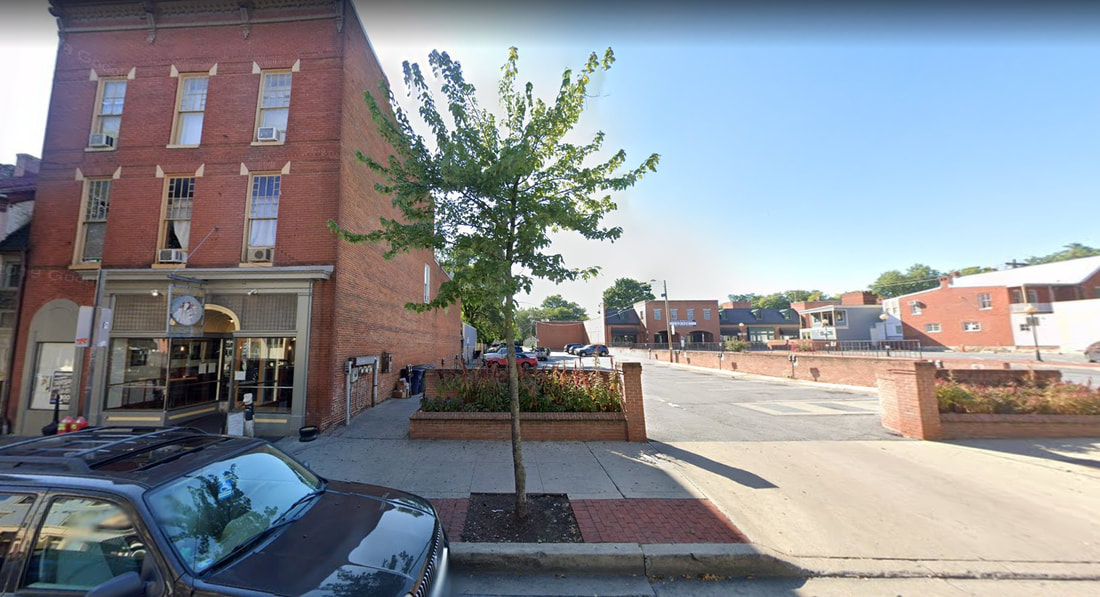
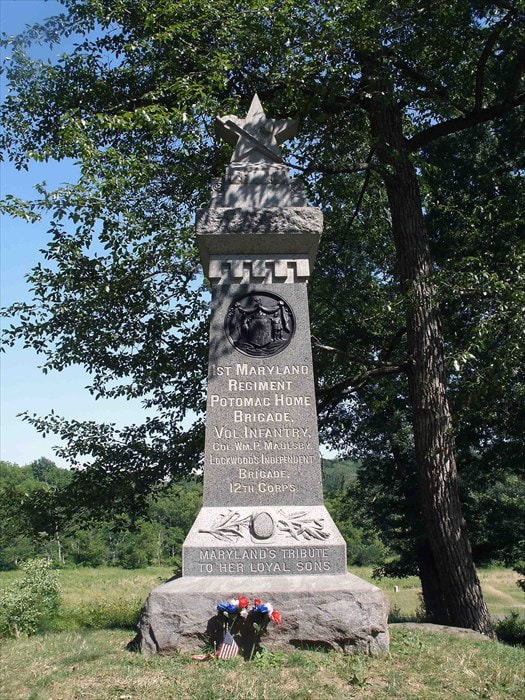
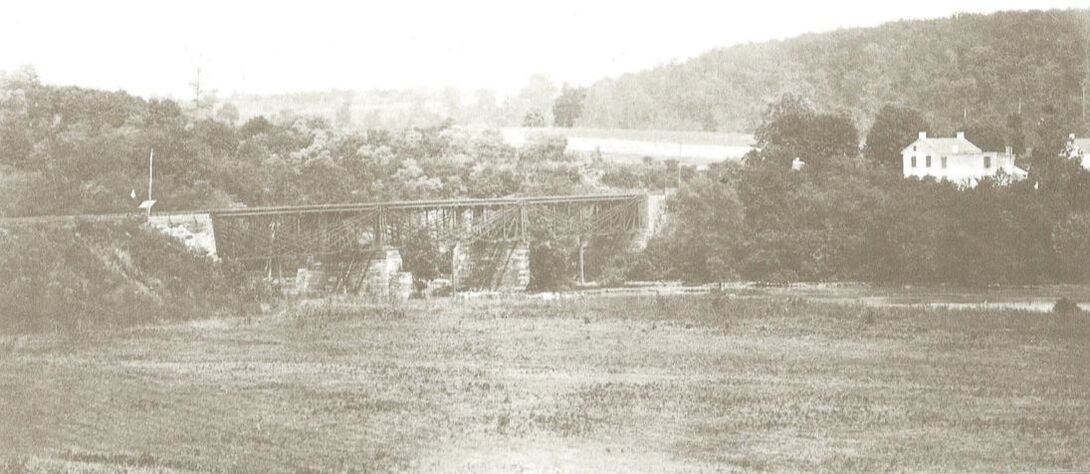
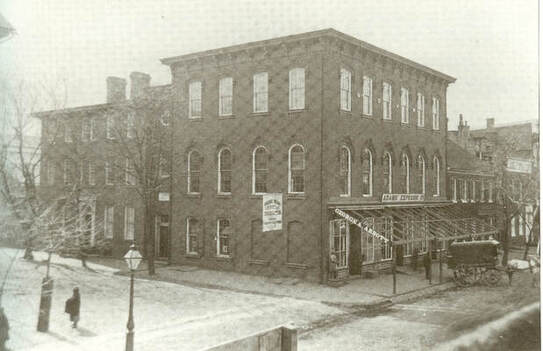
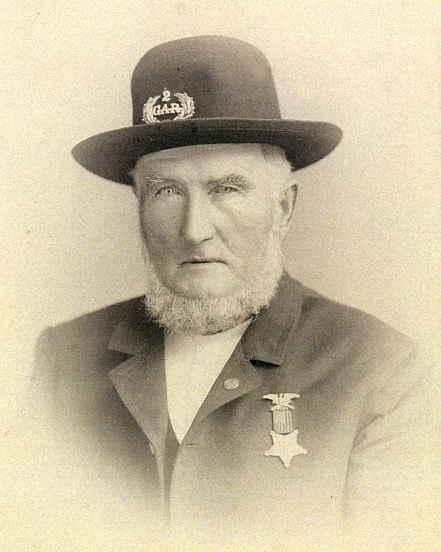
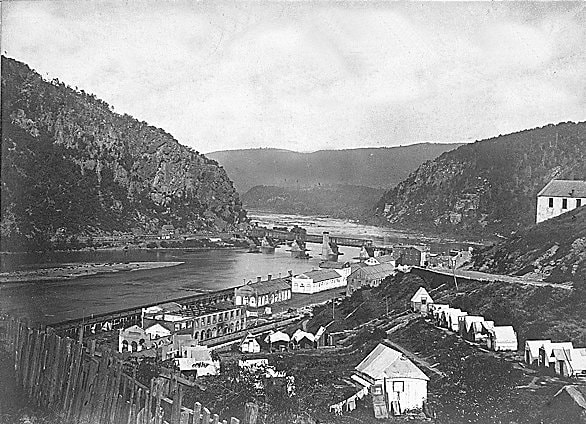
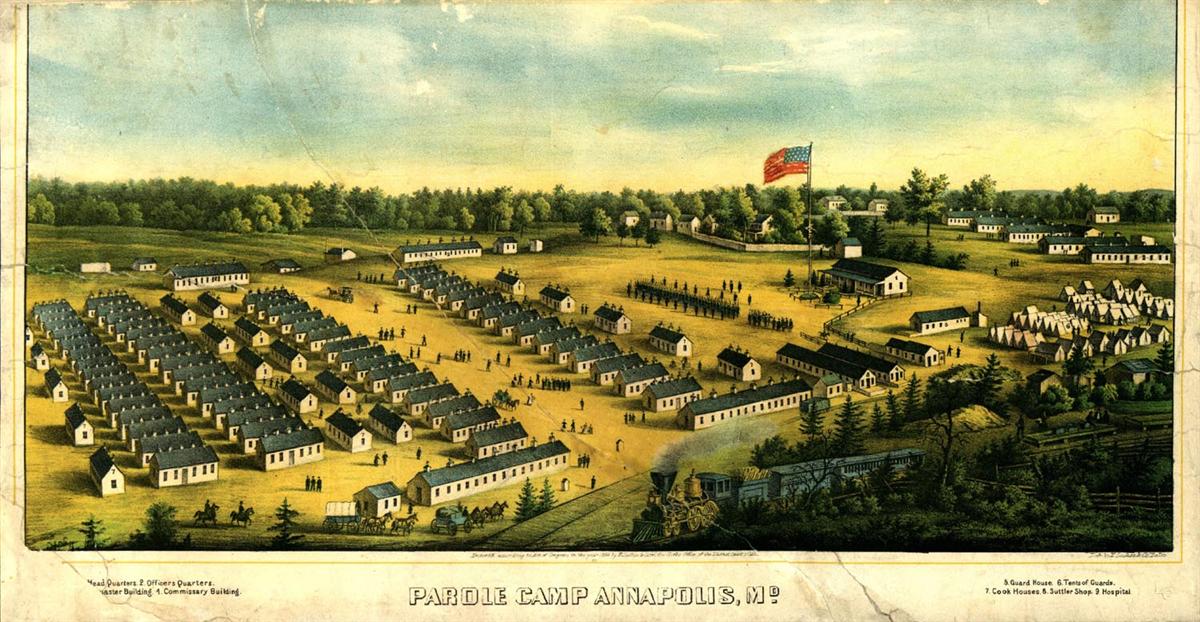
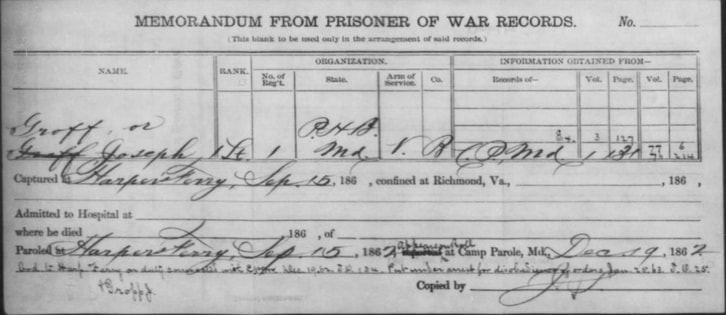
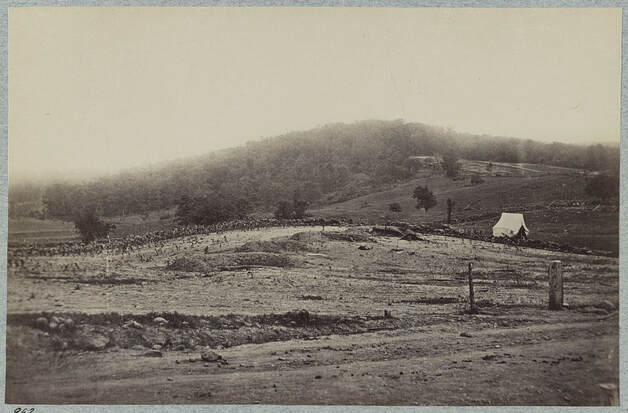
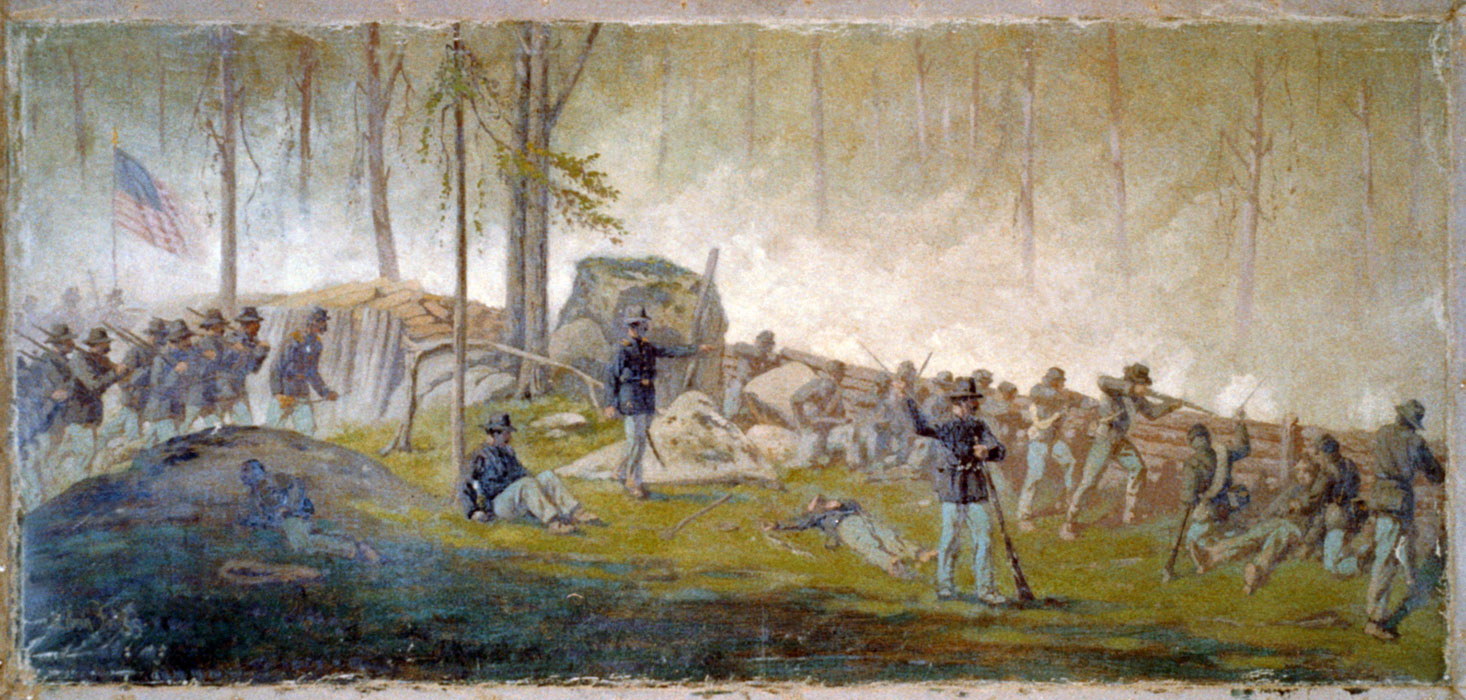
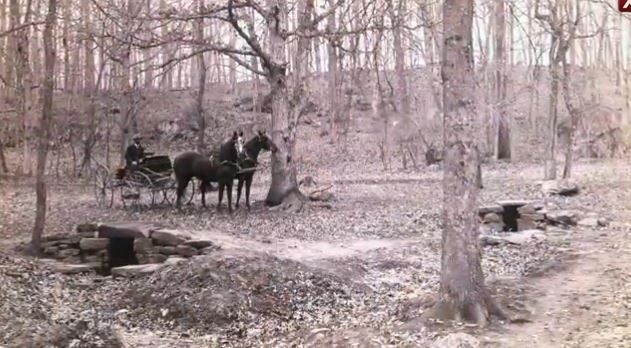
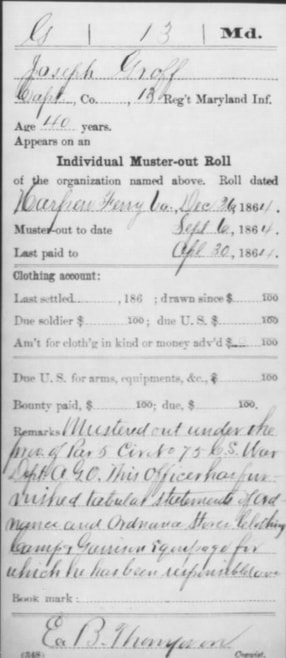
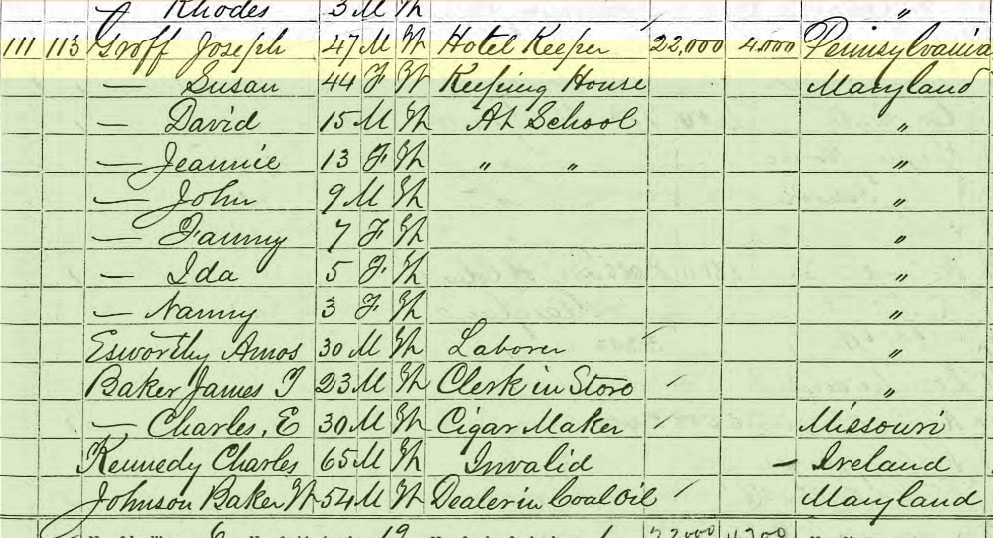
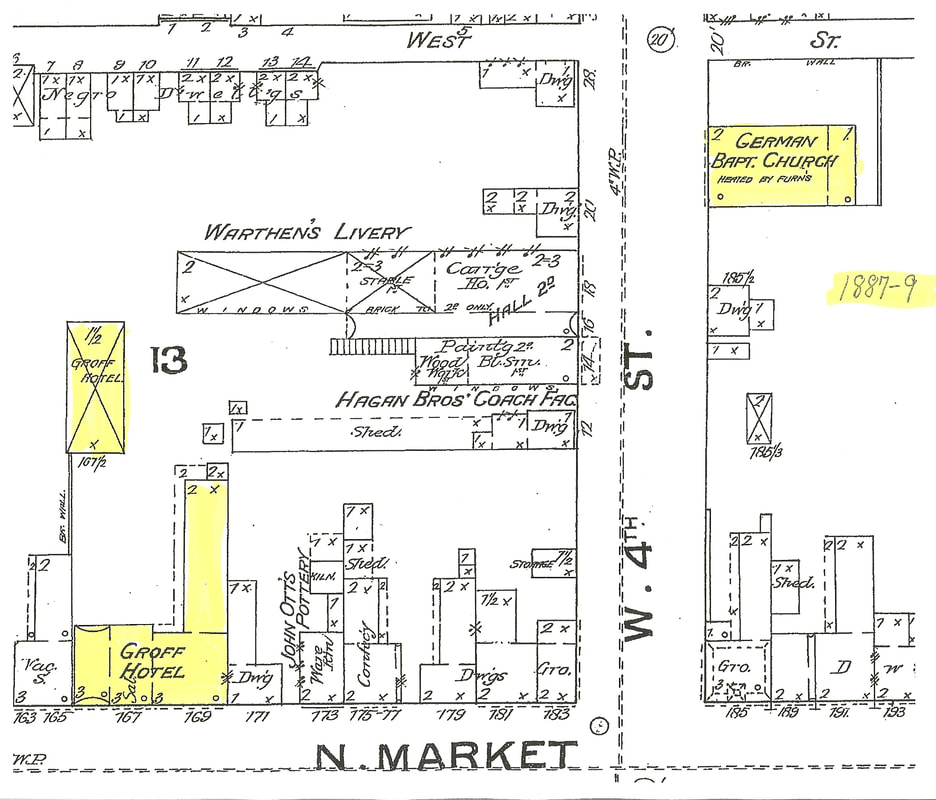
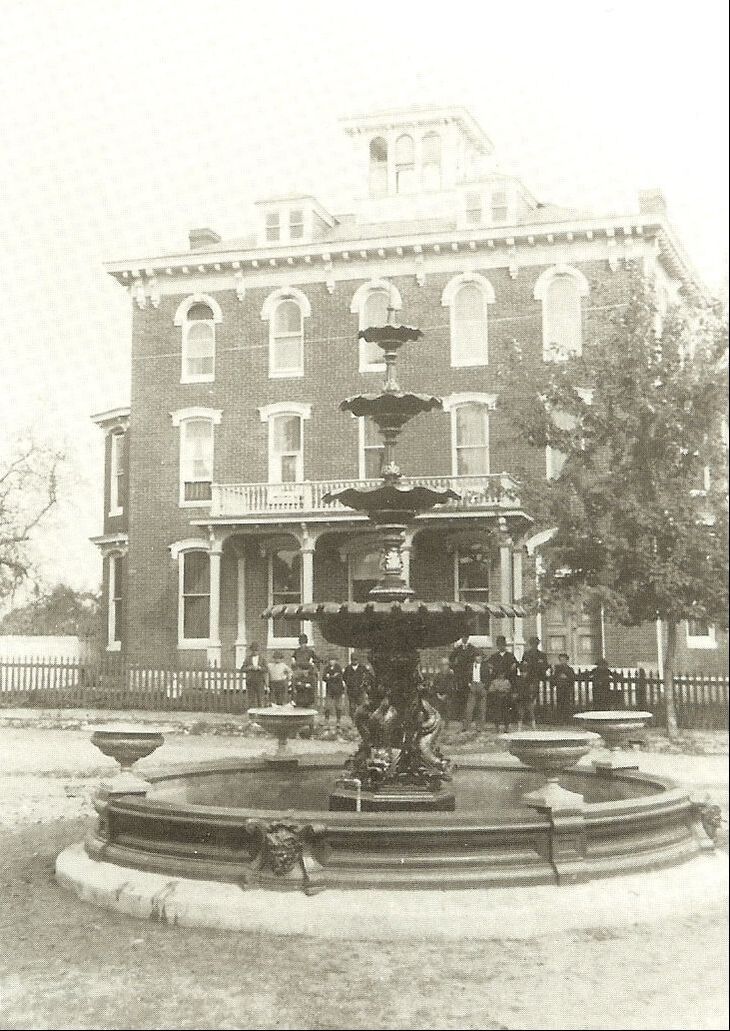
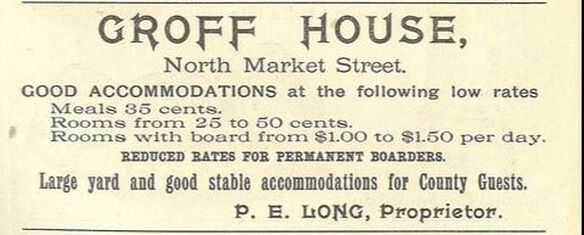
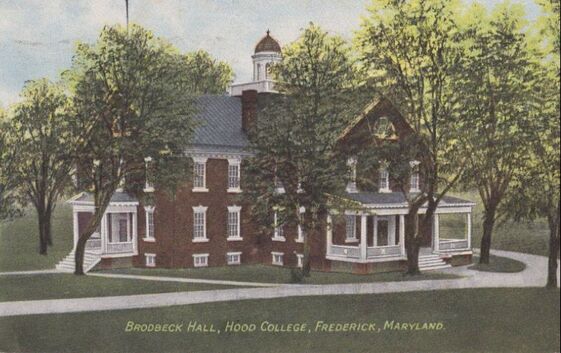
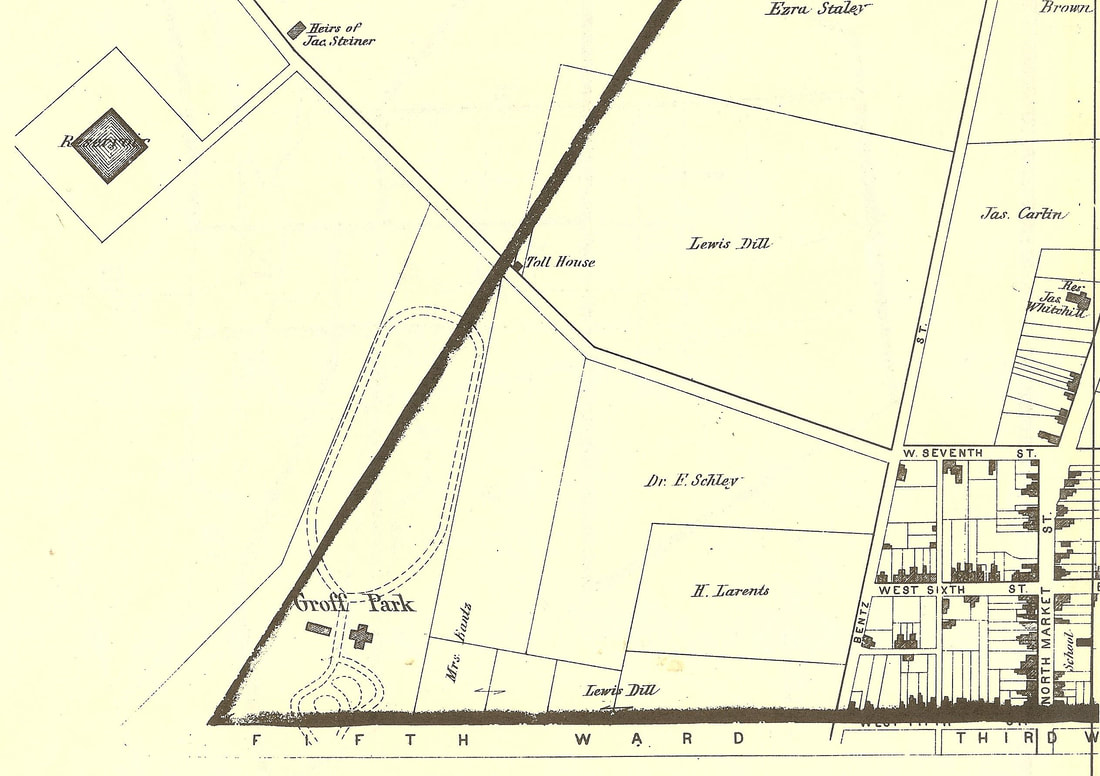
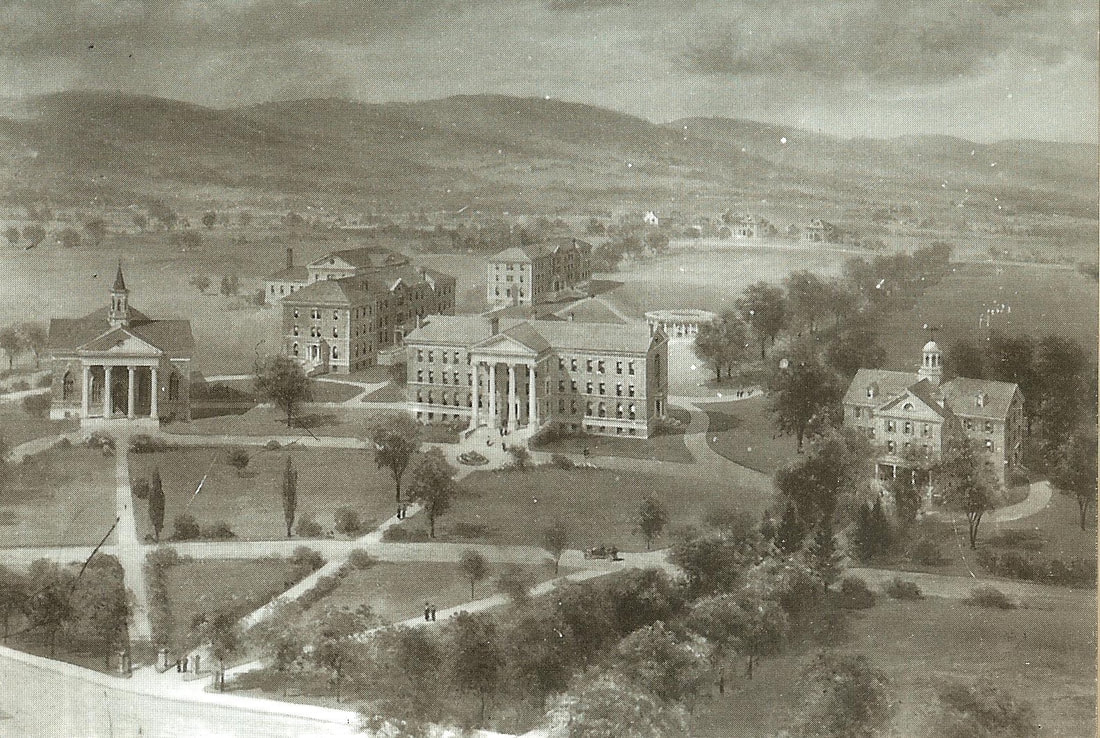
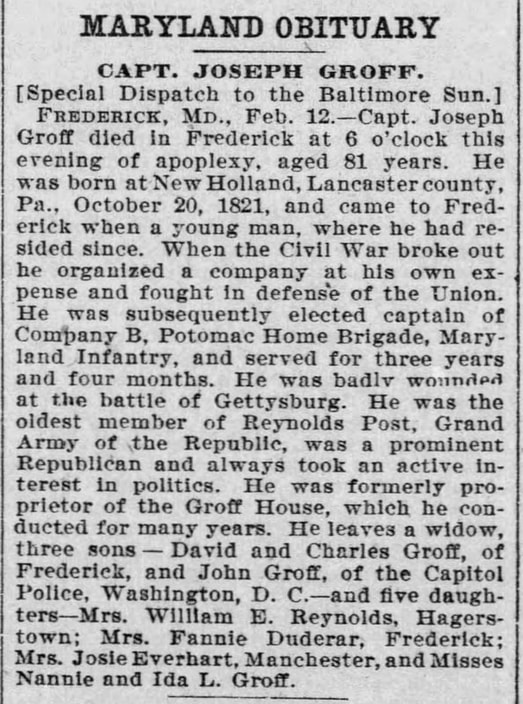
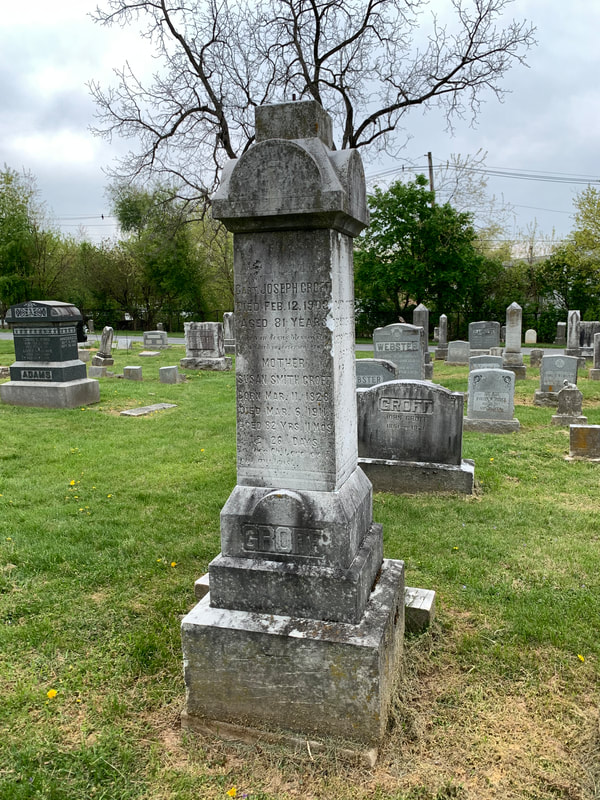
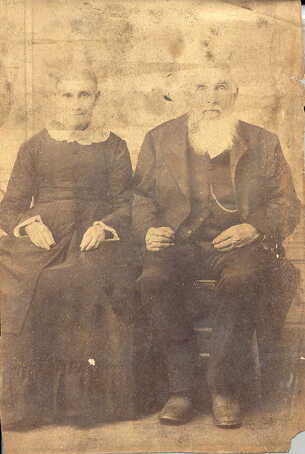
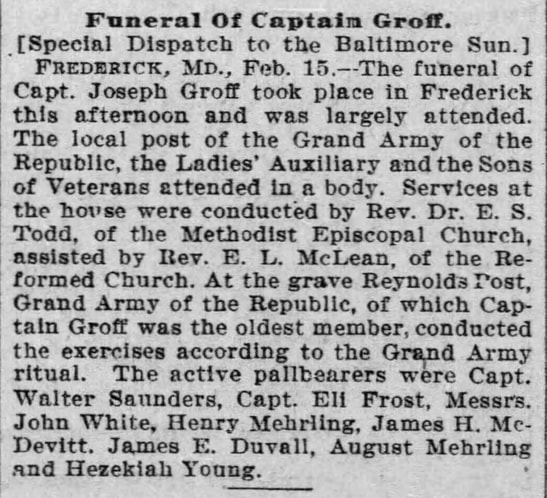
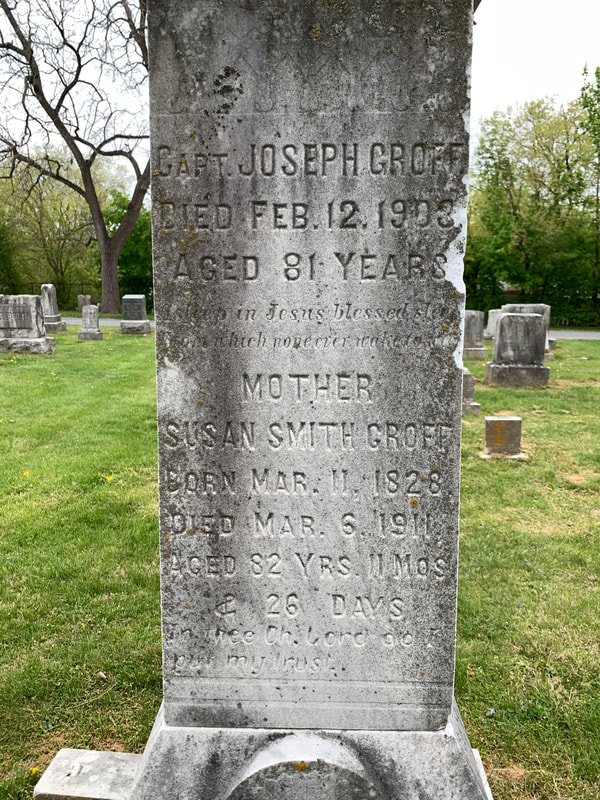

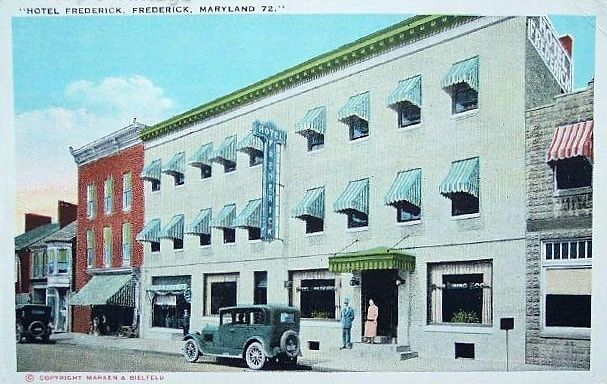
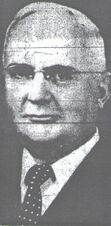
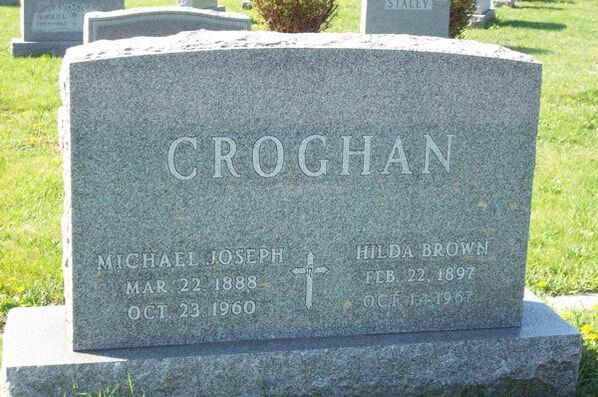
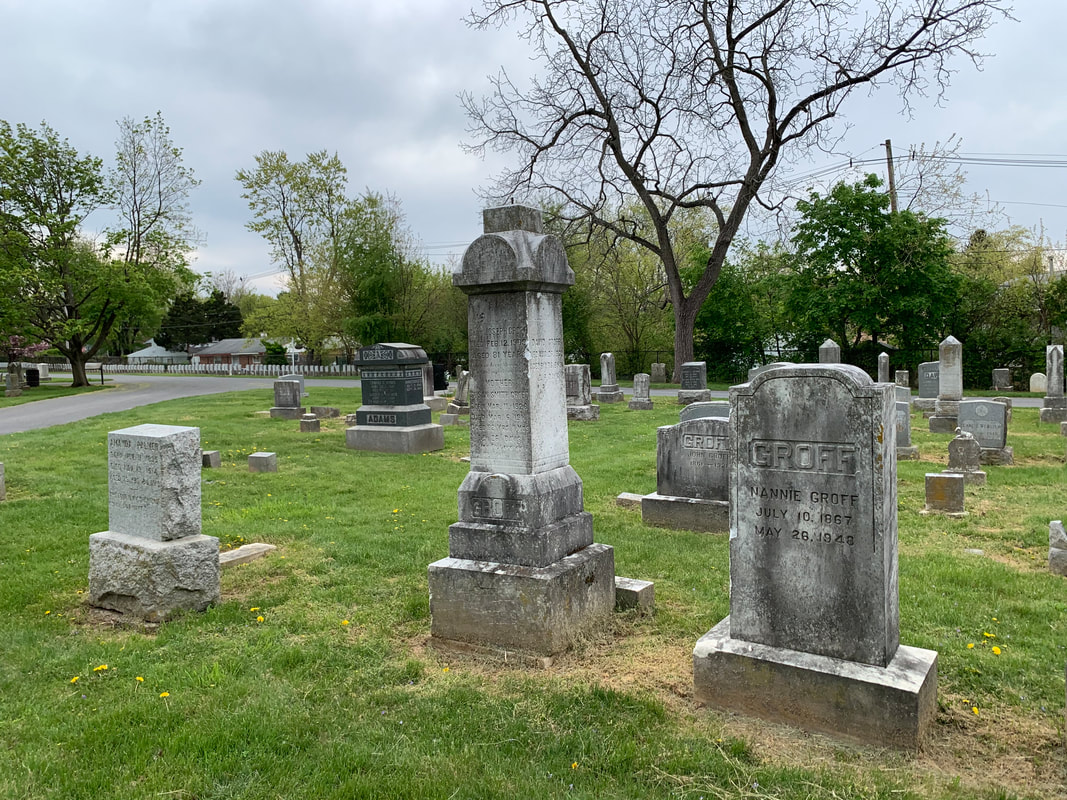
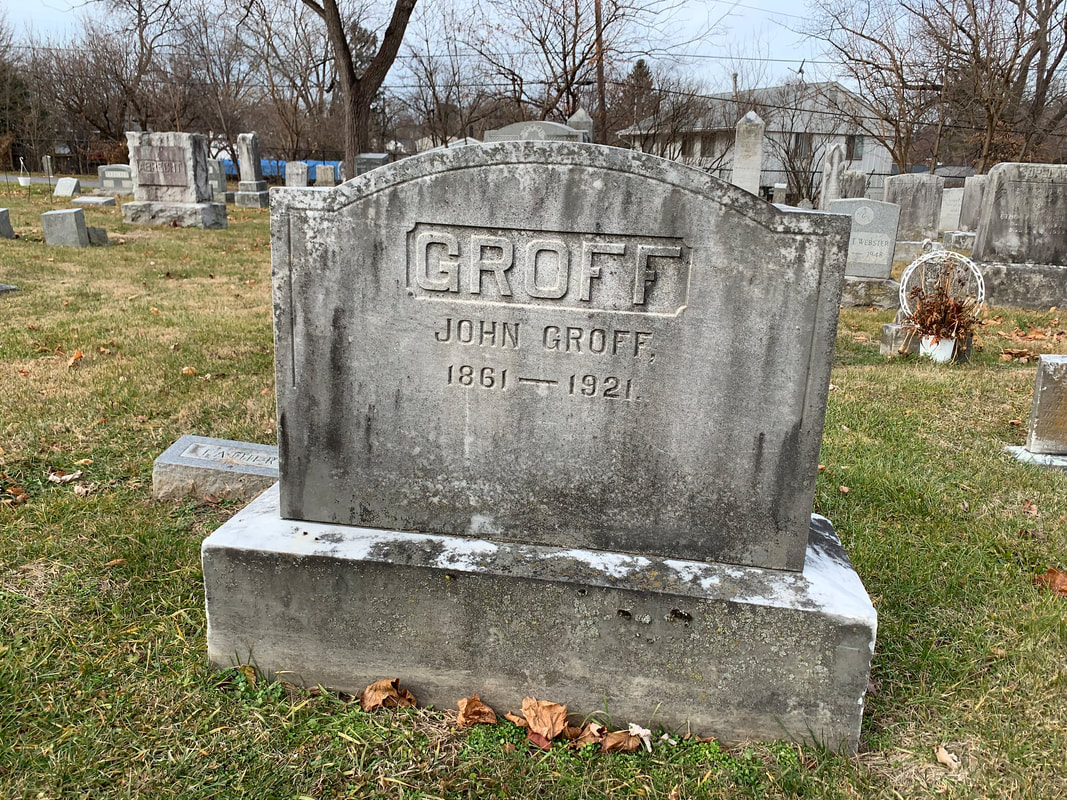
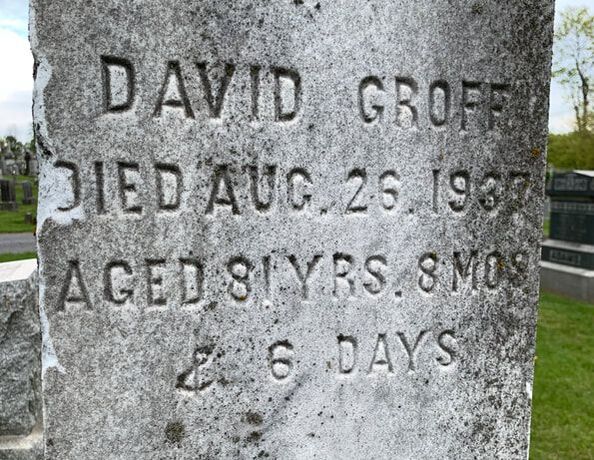
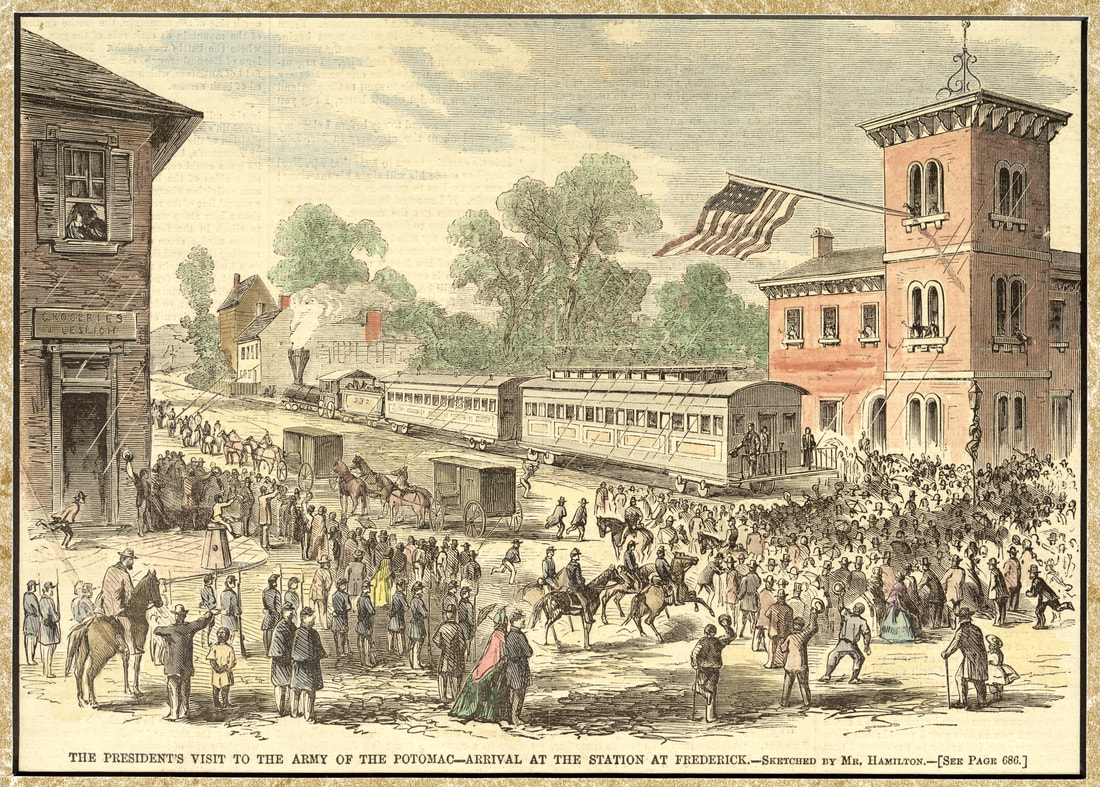
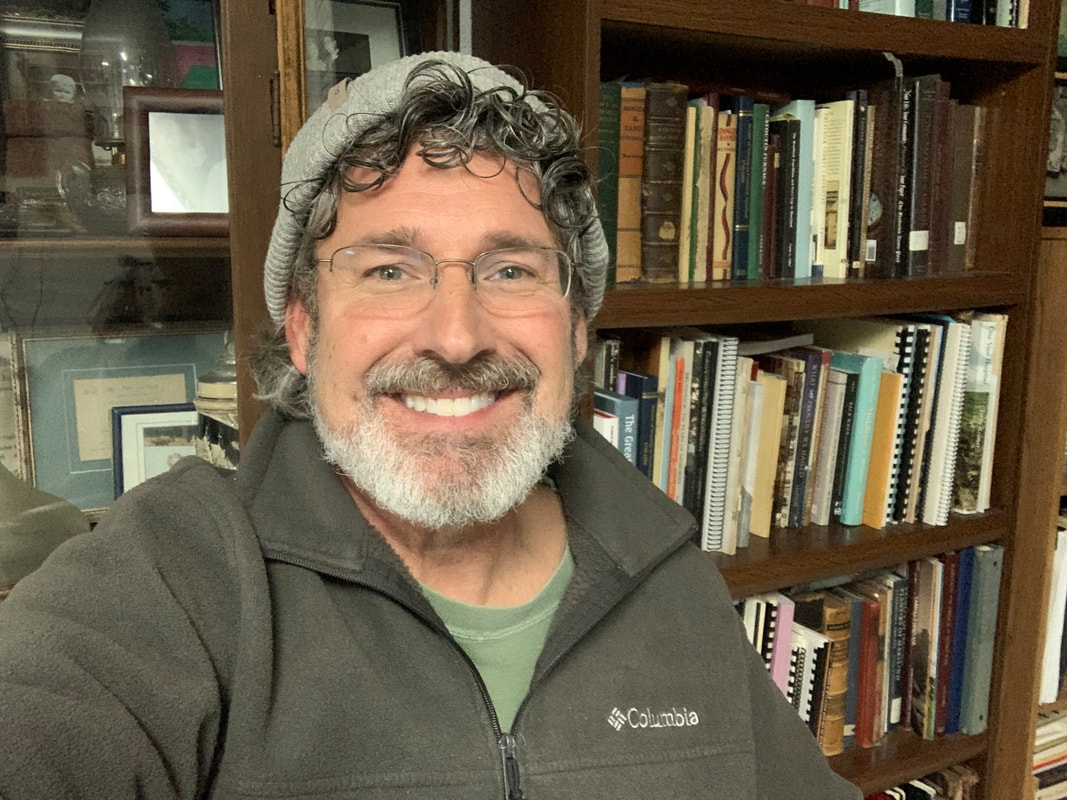
 RSS Feed
RSS Feed